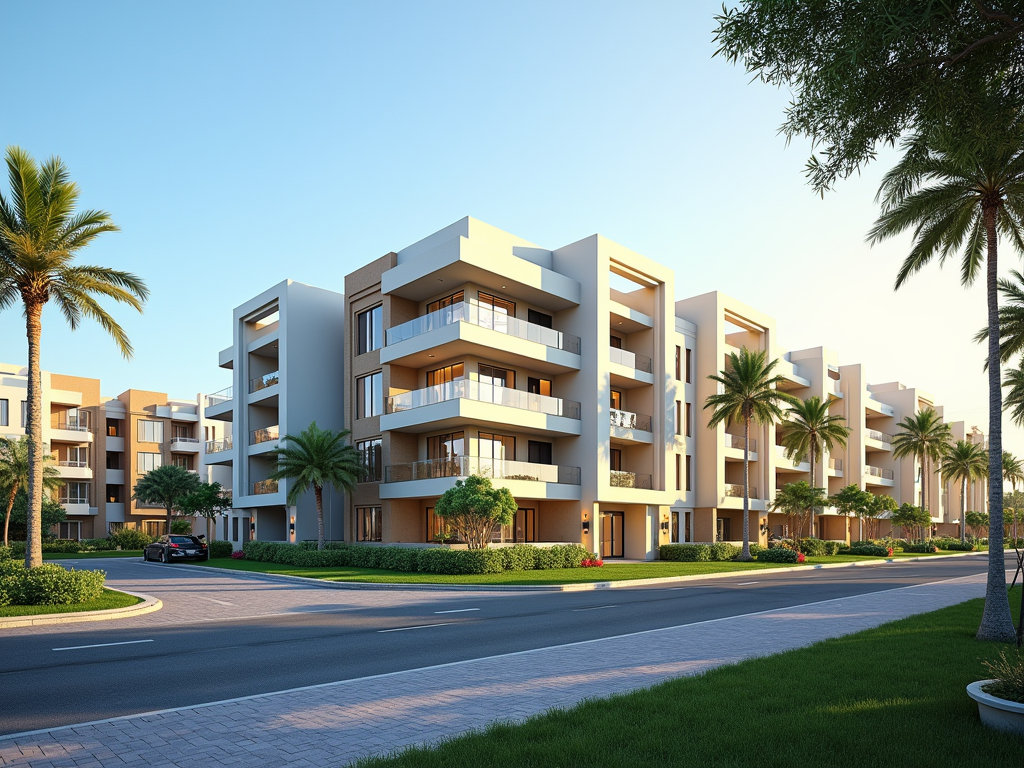Dubai’s skyline is a dazzling display of luxury and innovation, attracting foreign buyers eager to invest in its booming real estate market. However, navigating the legal landscape can seem daunting for expatriates unfamiliar with local regulations. This article aims to provide an in-depth understanding of Dubai’s real estate laws for foreign buyers, covering key regulations, property ownership options, and essential processes. With the correct information at their disposal, foreign investors can make informed decisions and capitalize on Dubai’s lucrative market.
Key Regulations Governing Foreign Investment

Foreign investors looking to purchase property in Dubai should be aware of several key regulations that govern real estate transactions. These laws ensure that foreign nationals can participate in the market without complications. Notably, the Real Estate Regulatory Authority (RERA) oversees and administers real estate activities in the emirate, ensuring transparency and fair practices. Here are the principal regulations to consider:
- Ownership Types: Foreign nationals can own properties under freehold or leasehold terms. Freehold ownership grants full ownership rights, while leasehold allows a buyer to hold the property for a specified period, usually up to 99 years.
- Designated Areas: Foreign investors can only purchase properties in specific locations known as freehold areas, such as Dubai Marina, Downtown Dubai, and Jumeirah Beach Residence.
- Investor Rights: Buyers are entitled to receive all property-related documents and are protected under UAE law when entering into contracts.
- Tax Implications: Foreign buyers should be aware that Dubai does not impose property taxes; however, registration fees and other costs will apply.
Property Ownership Options for Foreign Buyers

Understanding the different property ownership options available to foreign buyers is crucial for making informed investment decisions. In Dubai, ownership can primarily be categorized into two types: freehold and leasehold. Below is a closer look at both options:
Freehold Properties
Freehold properties are ideal for foreign investors who want complete ownership rights with no time limitation. This type of ownership allows investors to buy, sell, or lease their property without restrictions. Additionally, freehold ownership grants the right to inherit the property, making it a compelling option for long-term investors. Freehold areas are scattered throughout Dubai and often come with premium facilities and infrastructure.
Leasehold Properties
Leasehold properties, on the other hand, allow foreign buyers to lease a property for a specified duration, usually ranging from 30 to 99 years. Investors can enjoy the property during the lease term without permanent ownership. Leasehold properties are often more affordable and may present opportunities for various types of developments, such as residential apartments or commercial spaces.
The Buying Process for Foreign Nationals
The buying process in Dubai for foreign nationals is relatively straightforward, but it requires adherence to specific steps to ensure a successful purchase. Potential buyers should follow these steps:
- Find a Reputable Real Estate Agent: Working with a licensed real estate agent in Dubai is crucial for navigating the market. Ensure that you select one with a good track record and knowledge of local laws.
- Obtain a No-Objection Certificate: Before purchasing, foreign buyers may need to obtain a No-Objection Certificate (NOC) from the developer to facilitate the transaction.
- Secure Financing: Depending on the financial capabilities, foreign buyers can opt for various financing options, including local bank mortgages.
- Sign a Sale Agreement: Once a property is selected, a Sale Agreement will be drafted and signed, outlining the transaction details and agreement terms.
- Complete Registration: The final step involves registering the property at the Dubai Land Department (DLD), where buyers need to pay the applicable registration fees.
Common Pitfalls to Avoid
While investing in Dubai’s real estate market can be lucrative, foreign buyers should be cautious of certain pitfalls that can complicate their investment journey. Below are some common mistakes that potential investors should avoid:
- Neglecting Due Diligence: Failing to conduct proper research on the property and local regulations can lead to problems. Buyers should verify the developer’s reputation and ensure the property is legally recognized.
- Overlooking Hidden Costs: Buyers must account for additional expenses, including maintenance fees, service charges, and registration fees that may arise during the buying process.
- Ignoring Legal Assistance: Engaging a legal advisor well-versed in Dubai’s real estate laws is essential for ensuring a secure transaction.
Conclusion
Investing in Dubai’s real estate market offers promising opportunities for foreign buyers driven by the emirate’s momentum and visionary developments. Understanding the legal framework governing property ownership and investment is essential for navigating this vibrant market successfully. By utilizing the available ownership options, recognizing the buying process, and avoiding common pitfalls, foreign investors can confidently make informed decisions. Dubai’s real estate sector continues to thrive, and with the right knowledge, you can be part of its dynamic growth story.
Frequently Asked Questions
1. Can foreign investors buy property in Dubai?
Yes, foreign investors can purchase property in designated areas known as freehold zones, allowing them to own property outright.
2. What are the types of property ownership available for foreigners?
Foreigners can choose between freehold ownership, which grants full ownership rights, and leasehold ownership, which provides the right to use a property for a limited timeframe.
3. Is there a property tax in Dubai?
No, Dubai does not impose property taxes; however, buyers must pay a registration fee upon purchasing a property.
4. Do I need a local partner to invest in Dubai’s real estate?
No, foreign buyers do not need a local partner to invest in freehold properties; they can own properties independently.
5. What should I do if I encounter issues during the buying process?
If issues arise, it is advisable to consult a legal expert specializing in Dubai’s real estate laws for guidance and resolution.
